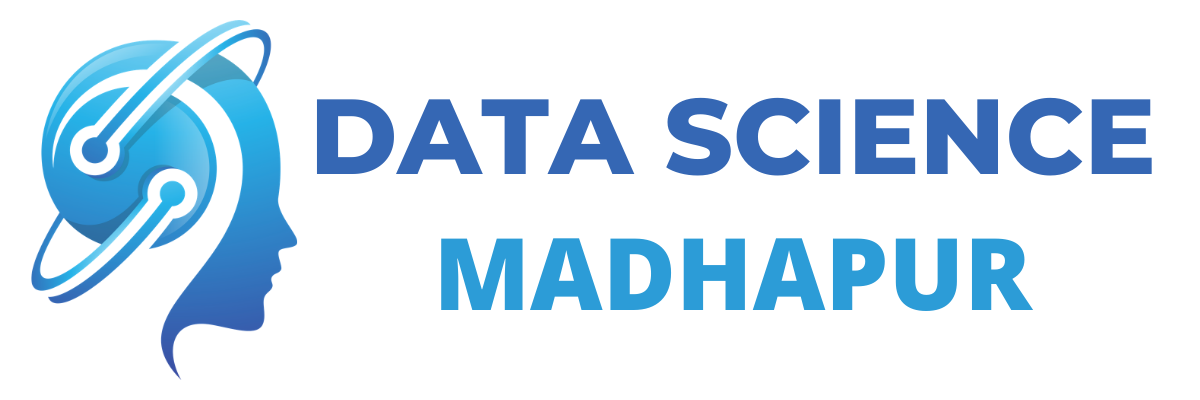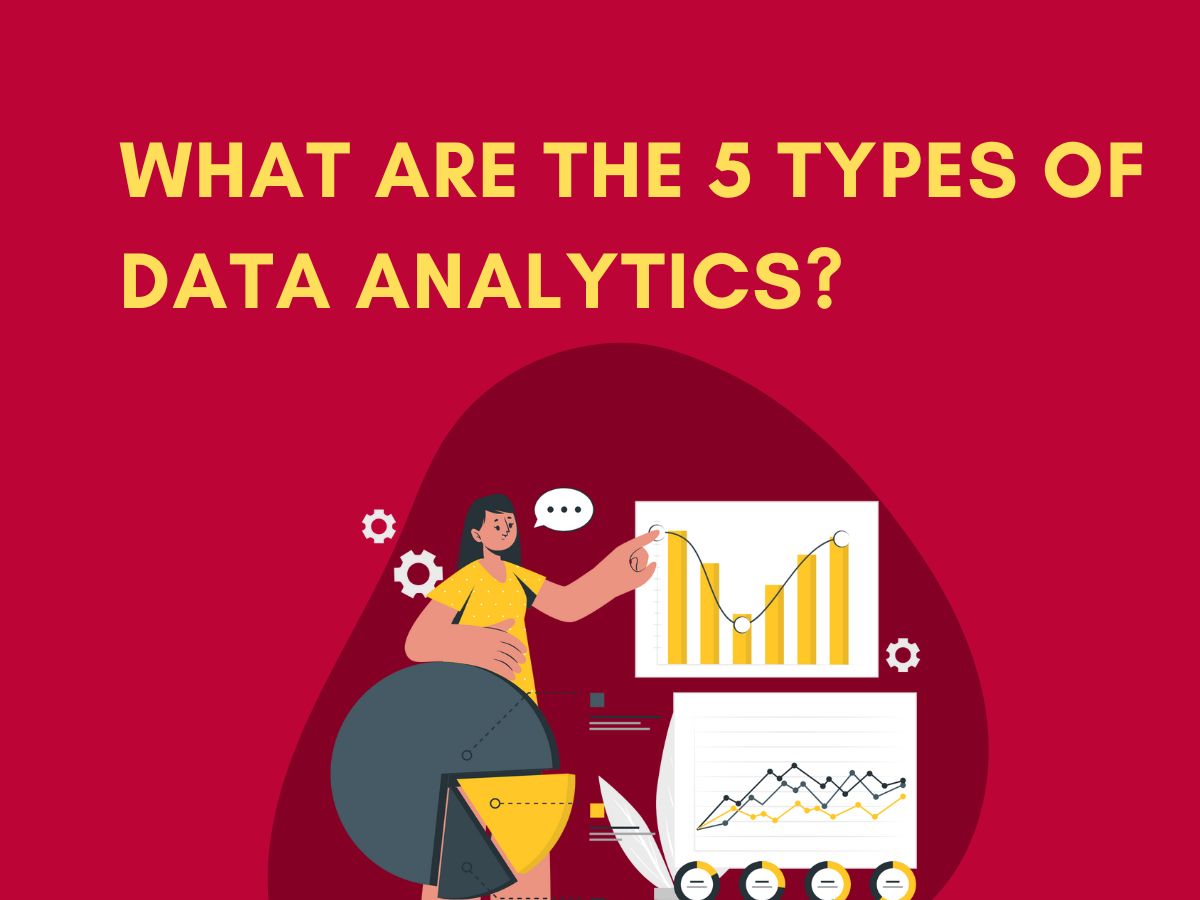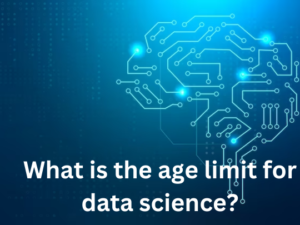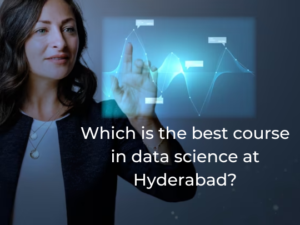Understanding and using different types of data analytics provides unique value to a business and improves association- position functional capabilities independently. In fact, what distinguishes the stylish data scientist or data critic from the rest is their capability to identify the right kind of analytics that stylish fits the business needs to maximize issues.
All types of analytics offer distinct perceptivity. And in this composition, we will explore the five different types of data analytics and their elevation in our business. After the completion of this perceived one- time process, the leadership brigades generally begin to feel that their association has hit the achromatism point of the Data Analytics practice. still, that’s just the starting point and provides the introductory setup needed for your data analytics enterprise.
Kick start your career in data science online course.
Five Types Of Data Analytics
Choosing the right forms of data analytics can make the utmost of the unshaped or structured data you enjoy.
Discover five different forms of data analytics below:
1. Descriptive Analytics: 90 of associations around the world use descriptive analytics. It’s the simplest class of analytics that allows you to constrict big data into lower units to drive further incisive perceptivity. It’s a common tool abused moment to drive important information from social and detailed media tools and websites. using descriptive analytics allows businesses to crack the inner environment and reasons behind the former success or failure. Descriptive analytics help in rooting the utmost value through data mining to make and witness a business intelligence system that analyzes real- time and literal data to prize perceptivity for the unborn approach. exemplifications of descriptive analytics include generating fiscal or deals reports.
Are you looking to become a data scientist? Enrol in the data science training institute in Hyderabad with job guarantee.
2. Diagnostic Analytics: Diagnostic analytics is the alternate form of data analytics that helps the business in working critical challenges by answering if commodity is passing, also why is it passing, and the root cause behind that. individual analytics plays its part when a business with business intelligence dashboards wants to drill down inside the data to find the reasons or factors that affect the assiduity. Integrating individual and descriptive analytics helps businesses find relations and armature of the data to make a quick comparison to make the most dependable data- grounded decision model. An illustration of individual analytics includes the HR department assaying the aspirant’s data sets.
Don’t delay your career growth, kickstart your career by enrolling in this data science course fee in Bangalore.
3. Prophetic Analytics: It’s always fascinating to read the future, prognosticate request trends, changing client actions, and contender analysis to optimize and make state-of-the-art strategies to maximize business issues. Prophetic analytics is each about soothsaying. Businesses use the perceptivity driven by descriptive and individual analytics and other literal data sets available to make a recommendation- grounded model by using advanced statistical and machine literacy models. For case, using prophetic logical models in healthcare can identify if a person is susceptible to a heart attack or not by assaying a case’s once health records and general demographics. also, prophetic analytics can be abused to design a crusade grounded on the purchase geste of consumers at different points in time in the history.
Wish to pursue a career in data science? Enrol in this data science course in Chennai fees
4. Conventional Analytics: Conventional analytics is the coming step after prophetic analytics that helps businesses in creating conventions to break business problems grounded on the deduced factors from data. While assaying big data it’s always uncertain to prognosticate the most dependable inputs and highlight why those problems passed. And it’s where conventional analytics comes into play. conventional analytics advises businesses on all possible issues and results in conduct that are likely to maximize the business labors. conventional analytics can be defined as a business optimization data analytics process that provides perceptivity on “what should a business do” to break a problem. This fashion allows businesses to make informed opinions during uncertain times. exemplifications of conventional analytics include marketing and business cycle reports.
5. Cognitive Analytics: Cognitive analytics is the most advanced form of analytics that combines a number of intelligent technologies like artificial intelligence, machine literacy algorithms, deep literacy models, and further to reuse the information and draw consequences from being data and patterns, to decide conclusions. These findings are further added to the knowledge base for unborn interferences, and the tone- literacy feedback circle glass mortal thinking to make cognitive operations smarter and further effective over time. exemplifications of cognitive analytics include recycling massive parallel/ undistributed data (similar as call center discussion logs) computing to decide perceptivity. Cognitive analytics can also be used to drive automated opinions, especially in unlooked-for scripts.
Also, Check this data science training in Pune to start a career in Data Science
These are different types of analytics and we hope you understood their significance for your business to boost your growth and increase your request presence. If you reverberate with our composition please partake your studies with us. However, evidence- of- conception, Data Science consulting, If you need any help with idea confirmation. You’re at the right place.




